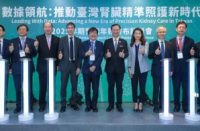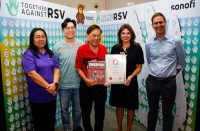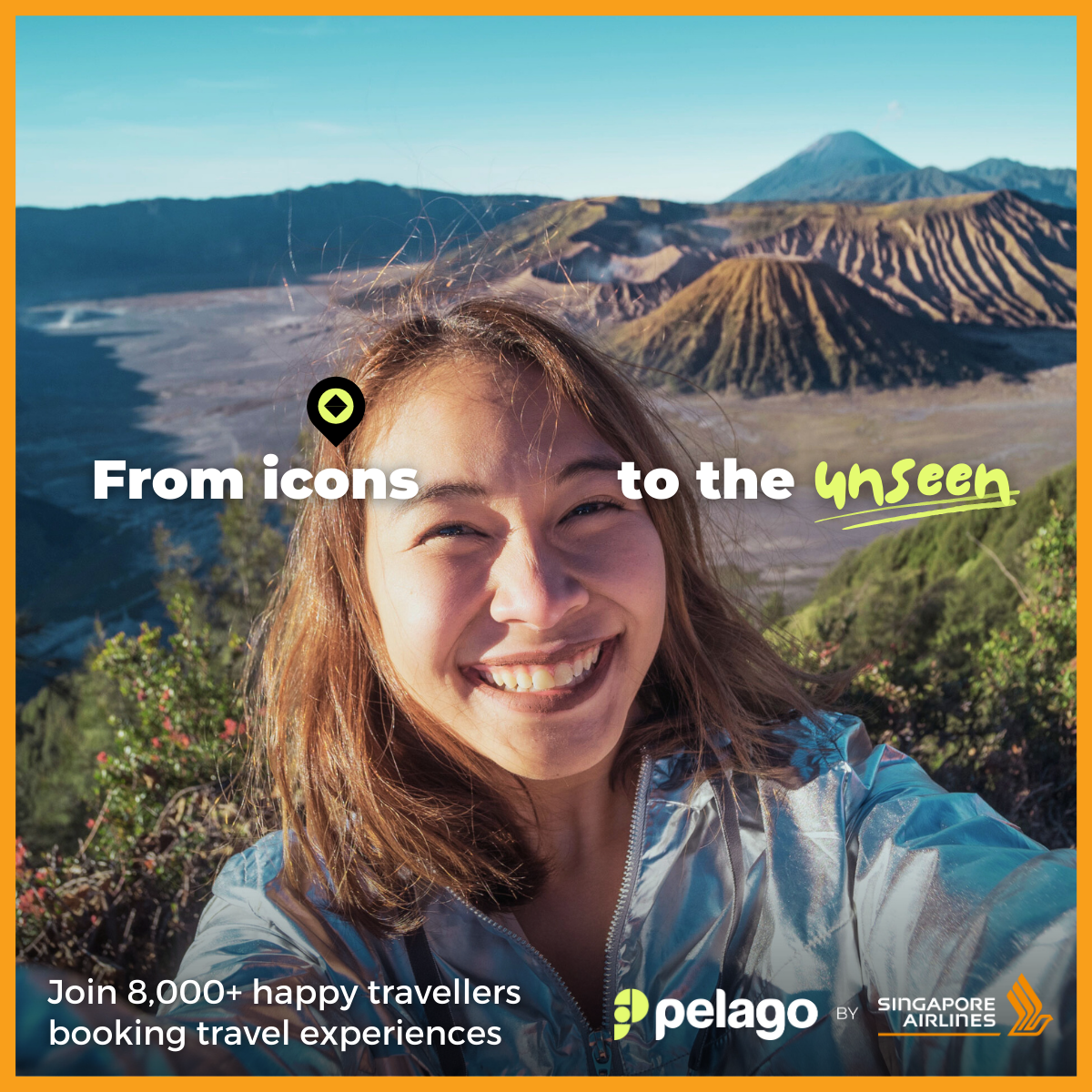![IMG_7572[12946] | SUPERADRIANME.com](https://www.superadrianme.com/wp-content/uploads/2020/12/IMG_757212946-690x284.jpg)
AIA has released findings from its research “Healthier Together” that reveals eight key ingredients for living healthier and longer with better lives. AIA will use these insights for the insurer’s upcoming initiatives.
Global data insights company Kantar Group conducted the study with in-depth interviews with over 80 experts from the broad spectrum of professional disciplines in Singapore and across Asia-Pacific. They include academics, life coaches, psychologists, mental health experts, influential authors, healthcare representatives and influencers from leading institutions, business and government. 6,000 consumers in the region, including 500 in Singapore were then surveyed.
The eight specific behaviours that are most influential in helping people live healthier, longer and better lives include
| Behaviours | Description | Key Findings in Singapore |
|---|---|---|
| Have an optimistic outlook | Look for the positive things in everyday situations, not letting negative events of the past affect the present and finding enjoyment in work | By far the most important ingredient across all markets was “having an optimistic outlook”, which was 2.3 times more common amongst the group of people that scored highest on the survey. In Singapore, the top actions to improve optimism were to ‘take time to reflect on the things that bring me joy’ and ‘take time to reflect on things that I am thankful for’ |
| Be active and engaged | Be an active member of your wider community, remain socially active with friends and family, and remain physically and mentally active. | “Being active and engaged” in life takes into account physical, mental, social, and financial health facets. In Singapore, however, being physically active is seen as more important than mentally active. Whereas for most other markets, being active and engaged mentally is either more important or on par with being active and engaged physically. |
| Self-motivate | Focus on your own personal goals, look for ways to make work/tasks/chores more engaging, and see setbacks as learning opportunities. | |
| Understand yourself and your emotions | Understand what motivates you in life, understand what is important to you in life, and understand your limits/strengths/weaknesses. | |
| Feel a sense of independence | Feel confident identifying what is right for you, focus time and energy on things you can control, and be capable of improving your mental health. | Saving money is the number one activity people in the region do for their financial wellbeing. Singaporeans ranked the highest in terms of choosing to ‘save money’ for better financial health, instead of other aspects like ‘investing’ or ‘reading/learning about finances’. |
| Maintain quality relationships | Focus on giving people your full attention, be open and honest with others, and seek out like-minded people who share similar interests. | |
| Never stop learning or exploring | Explore new ideas and engage with new things, challenge your own thinking, and be open to change. | The top two actions that helped people in Singapore prioritise continuous learning and exploration are ‘read to learn new things’ and ‘spend time learning new skills’. However, the frequency of people in Singapore actually engaging sufficiently to achieve this is slightly lower than the regional average. |
| Make time to recharge | Create clear boundaries between work and personal time and find ways to recharge your energy levels. |
Out of the six Asia-Pacific countries surveyed, Singapore recorded the second-lowest proportion of respondents living Healthier, Longer, Better Lives, ahead of Hong Kong. Only 16% rated themselves as adopting seven or eight of the eight ingredients. This is below the regional average of 22% with about 40% indicating they were achieving four or more ingredients which is below the regional average of 47%. 60% of Singaporeans surveyed said they were achieving three of fewer of the key ingredients. Singaporeans need to work on “being active and engaged” in more holistic ways other than just physically. These include mentally, socially and financially.
However, Singaporeans ranked highest in terms of choosing to ‘save money for better financial health instead of other aspects like ïnvesting or “reading/learning about finances”.

![IMG_7572[12946] | SUPERADRIANME.com](https://www.superadrianme.com/wp-content/uploads/2020/12/IMG_757212946-1000x481.jpg)



